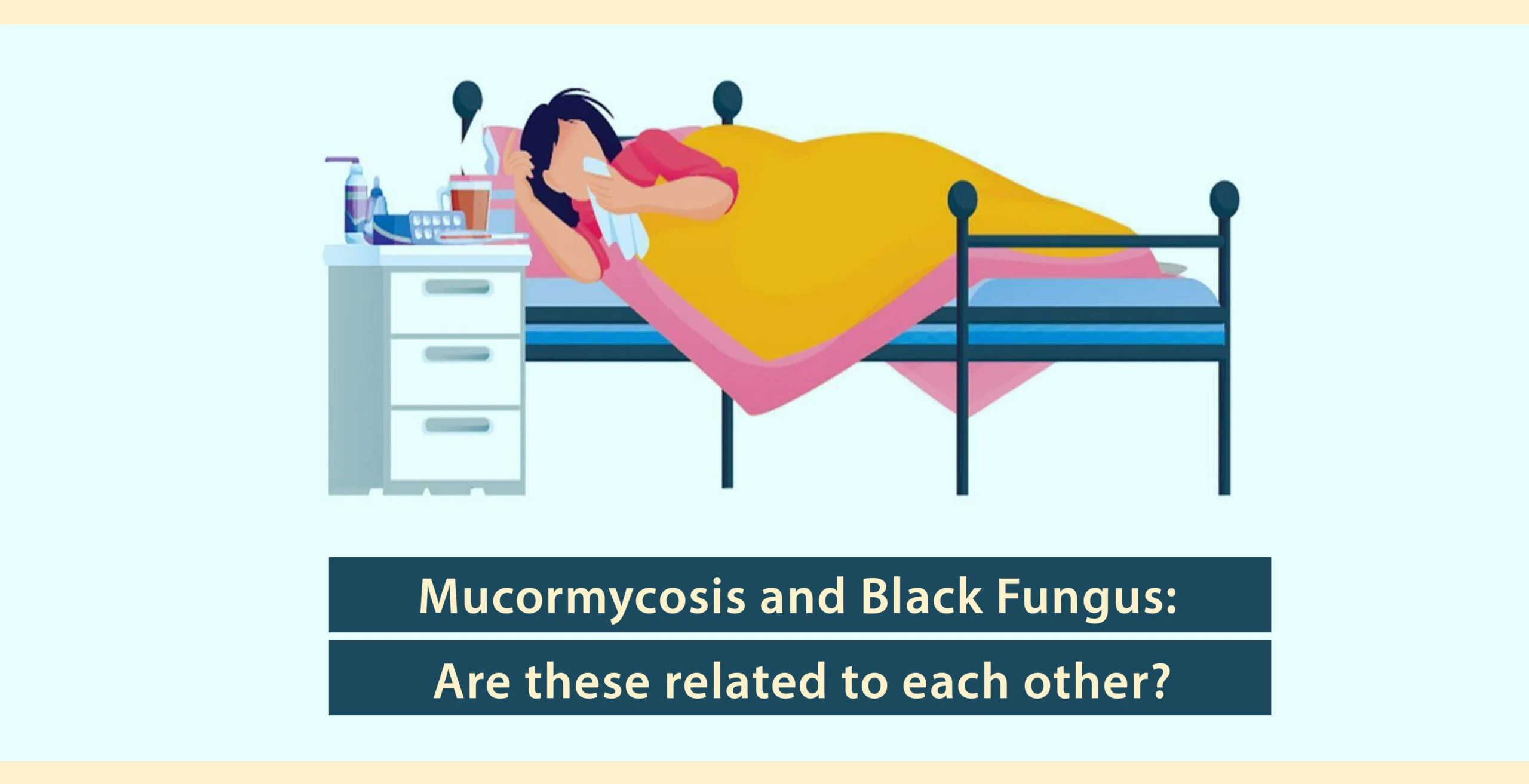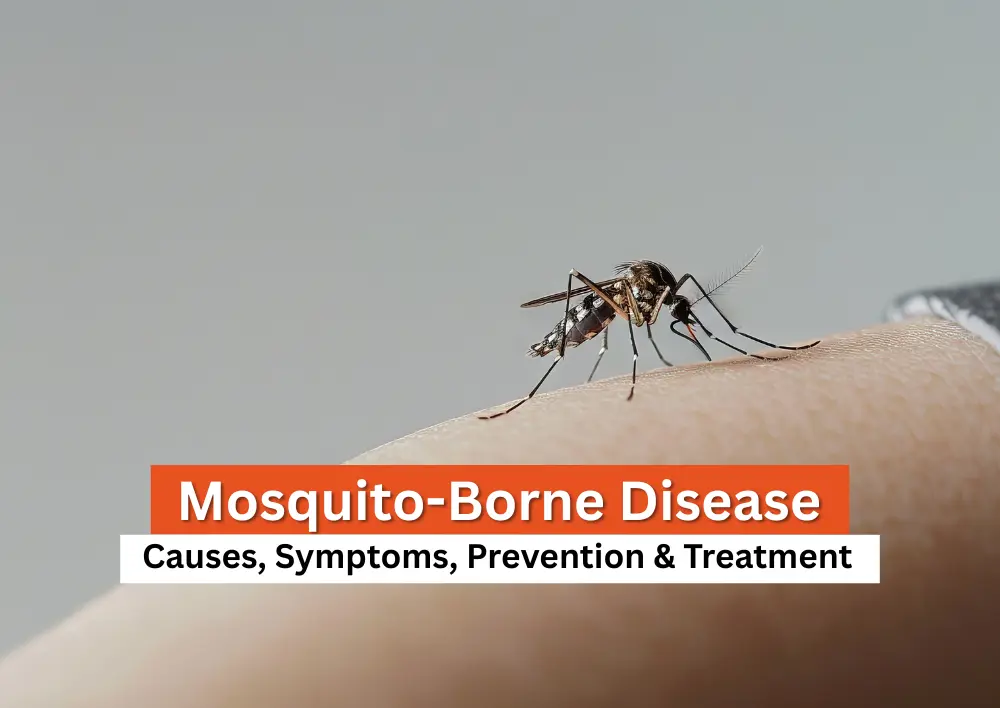Mucormycosis and Black Fungus: Are these related to each other?
Mucormycosis, also known as ‘Black Fungus,’ is a fungal infection that primarily affects people who are on medication for other health issues that decreases their ability to fight environmental pathogens. The lungs or sinuses of such individuals get affected after fungal spores are inhaled from the air.
Signs and symptoms
Mucormycosis presents itself as either a skin or a respiratory infection. Signs of an associated sinus or respiratory infection might include:
- fever
- cough
- headache
- nasal congestion
- sinus pain
With a skin infection, mucormycosis can develop in any part of your body. It might occur at the site of skin trauma initially, but it can spread to another area quickly. Be on the watch out for symptoms such as:
- blisters
- ulcers
- blackened skin tissue
- fever
- swelling
- redness
- tenderness
Causes of Mucormycosis
Mucormycosis is caused by exposure to mucormyete molds. These organisms occur in:
- rotting wood
- leaves
- soil
- piles of compost
You can contract mucormycosis by breathing in affected mold spores in the air. This is considered sinus exposure and it might develop the infection in your:
- eyes
- central nervous system
- face
- sinuses
- lungs
The fungus can also infect your skin through a burn or cut. In such cases, the burn or wound ends up becoming the infection area.
While these molds can occur naturally in the environment, not everyone exposed will get a fungal infection. You might be at an enhanced risk of contracting this infection if you have a weakened immune system. Conditions that might increase your risk are:
- cuts and scrapes
- burns
- recent organ transplant
- cancer
- HIV or AIDS
- surgery
- diabetes
Diagnosis
People who have mucormycosis do not know they have it. You might get diagnosed with the condition by going to the doctor for a sinus, lung, or skin infection. You must consult your ENT Specialists in Gurgaon or any doctor for any suspected infection.
Mucormycosis is diagnosed by checking a tissue sample in the lab. Your doctor might collect a sample of nasal discharge or phlegm if you have a suspected sinus infection. In the case of a skin infection, your doctor might also clean the wounded area.
What conditions can mucormycosis cause to develop?
Mucormycosis is mainly dangerous as it spreads fast all through the body. The infection can spread to the brain or the lungs if left untreated. It can cause:
- paralysis
- a brain infection
- pneumonia
- death
- seizures
Treatment
The ENT Clinics in Gurgaon treat mucormycosis by offering intravenous (IV) antifungal medications to the patients and carrying out surgical debridement. Surgical debridement is the cutting away of all infected tissue. Eliminating infected tissue has been shown to stop the infection from spreading further. If the patient responds well to tissue removal and IV therapy, the doctor will likely remove the IV and give oral medications.
Mucormycosis is not infectious, so you cannot get it from an infected person. Self-care measures can stop this type of infection. If you have a damaged immune system, it is vital to keep yourself safe outdoors. Wearing a mask and bandaging all wounds will help stop fungal infections.



_कारण,_लक्षण,_इलाज_और_बचाव.webp)









Was the information useful?
1 0